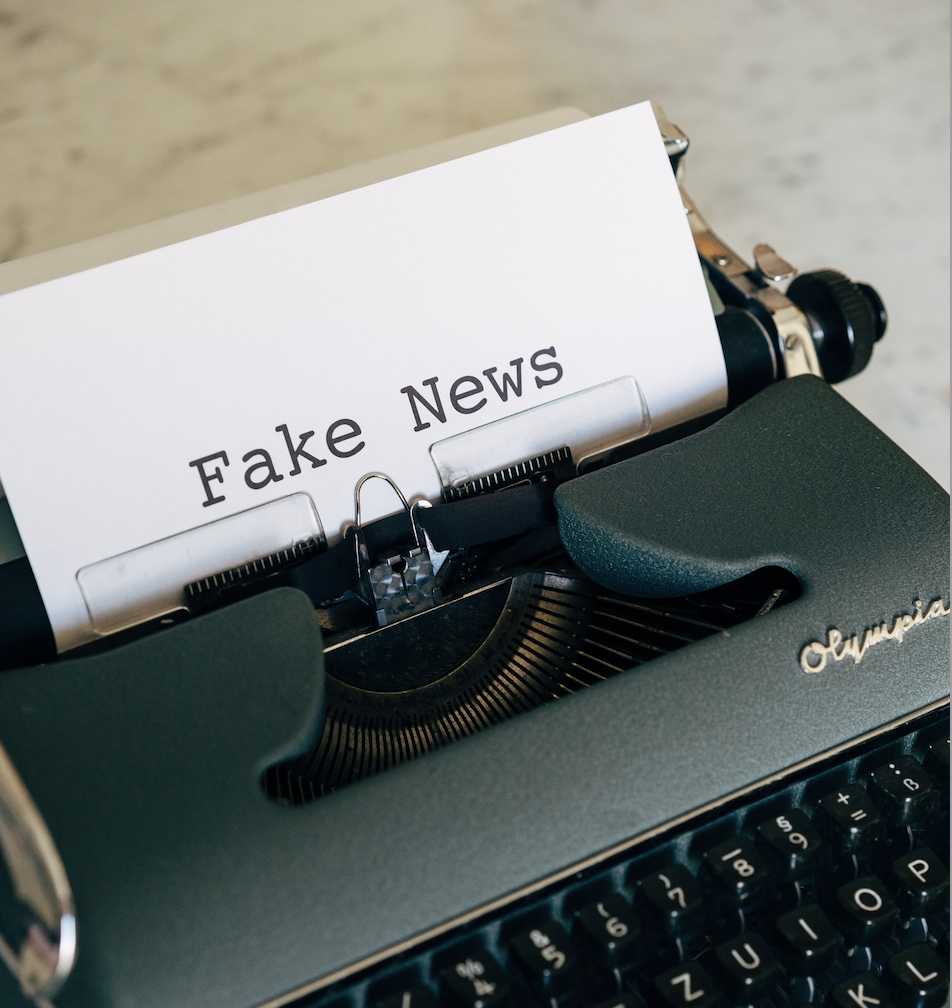It’s easy to dismiss misinformation as something created and disseminated just by so-called cyber troops working for foreign powers, or dedicated conspiracy theorists. But, much of the misinformation spreading around the internet is spread by those who just aren’t thinking very carefully about what they’re doing. People like us.
WHO SPREADS MISINFORMATION?
Misinformation can be spread by six different types of people who can be circulating it for very different reasons;
- Jokers – those who think spreading wild stories are funny, without thinking about the real harm they can cause to those who believe them.
- Scammers – those actively trying to make money out of spreading fear and worry (such as those peddling fake ‘cures’ for coronavirus).
- Politicians – deliberately spreading false information to discredit their opponents, or those with different political views.
- Conspiracy theorists – those in the thrall of lurid conspiracy theories such as QAnon, ‘The Great Reset’ or Bill Gates and his microchip.
- Relatives or friends – those who share something they’ve seen online ‘just in case’, unwittingly spreading false information further afield.
- Celebrities – those using their huge online followings to amplify false information, (often without fully realising what they’re doing).
HOW CAN WE SPOT MISINFORMATION?
Misinformation can be incredibly tricky to spot and most have us have probably been guilty of its spread. Deliberately and outrageously fake information is often much easier to identify than information that is just a little bit wrong. Many people will find it easy to resist the pull of QAnon for example, but may pass on information about ‘true’ hospital occupancy rates during coronavirus that seems to come from an ‘insider’ nurse who is a friend, of a friend, of a friend.
“Beware of false knowledge, it is more dangerous than ignorance.”
GEORGE BERNARD SHAW, ‘MAN AND SUPERMAN’, 1903.
There are a few things worth checking when trying to work out whether information being spread is likely to be false;
- The website – is the information shared on a website with a strange, non-standard URL, or on one that appears to have no identifying authors or individuals?
- The story itself – is the story being covered or reported, on any authoritative news sites such as the BBC or CNN? Can you find mention of it anywhere else at all?
- The ‘author’ – is the author anonymous, or someone whose identity you can easily verify? If the latter, do they have an obvious agenda or a reason for wanting you to believe this particular story? Will they benefit in some way?
BEWARE THE DISCREDITING OF ‘MAIN STREAM MEDIA’
One trick those have who are deliberately spreading misinformation to explain why a story isn’t on authority news sites, is to denigrate them as ‘main stream media’, with this term used in a very derogatory way. In this way, you’re being lured into thinking something much larger and more sinister is going on, that only a few people have knowledge of. This method of spreading misinformation is incredibly seductive. Everyone wants to think that they somehow have access to information that no-one else has.That ‘insider’ nurse or nameless government insider, can exercise a big pull on those who think they are uncovering the truth, rather than being fobbed off by the ‘official’ line from government or media.
FACT-CHECKING IS YOUR FRIEND

A simple trick to uncovering misinformation is to put the bare bones of any story you’ve seen spreading online in a search engine, followed by the words fact check. This will take you to results from the many fact-checking bodies that now exist globally to verify and cross-check false stories. Try inputting ‘Bill Gates microchip fact check’ right now into Google, and see what you come up with.
While it’s true that there are many bad actors deliberately creating and spreading fake information online for their own nefarious purposes, we musn’t overlook the fact that many of us are spreading and amplifying false information ourselves. Following these simple steps to identify and verify information, before we share, would make a huge difference to how far false stories travel, and to how much harm they cause.
